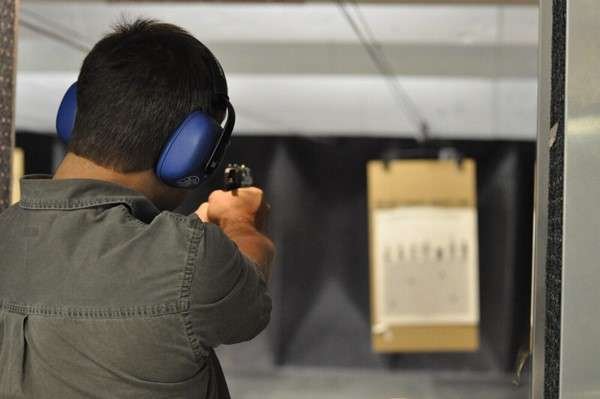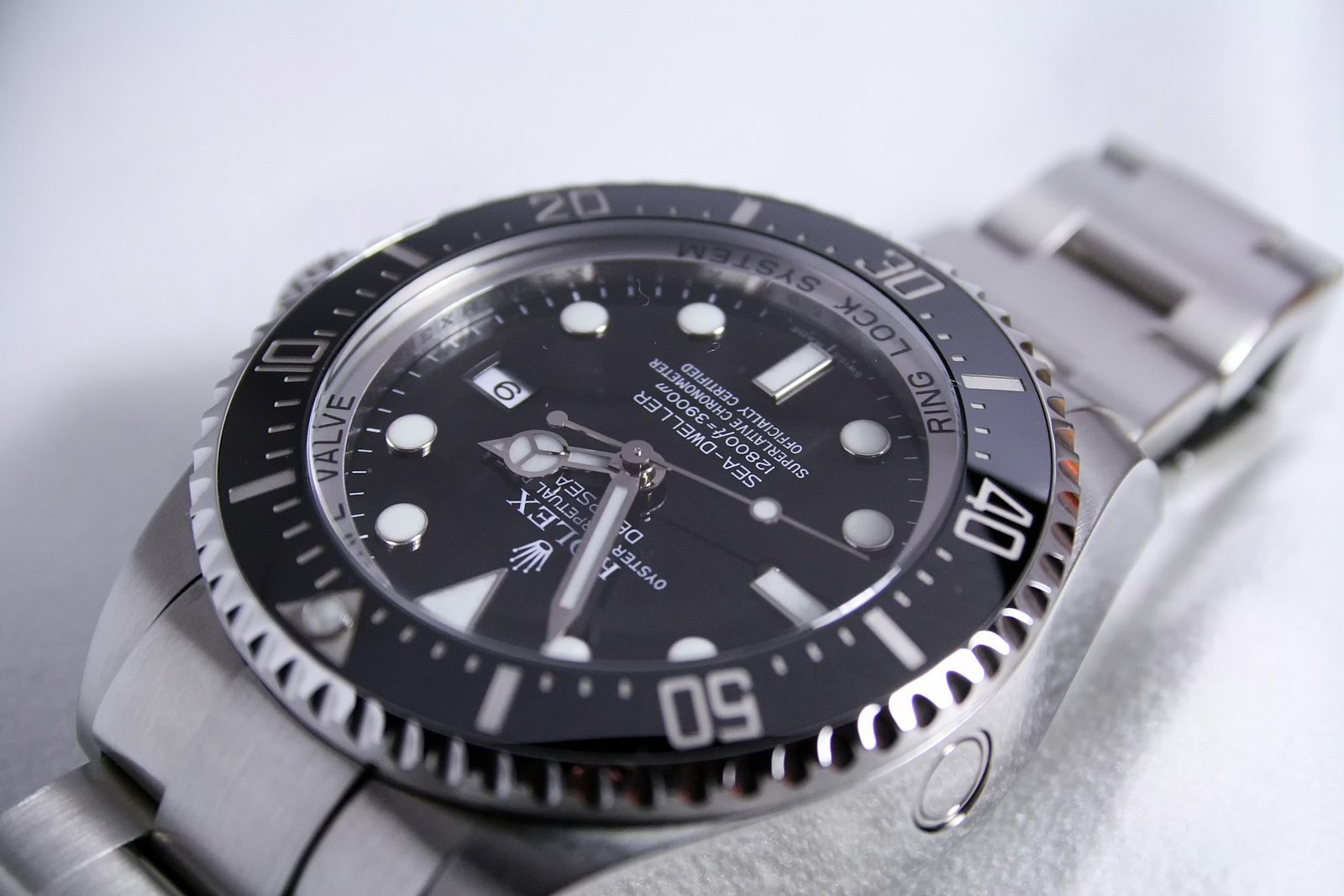Firearms are tools that require respect, understanding, and skill to handle safely and effectively. A firearm specialist is someone who knows a lot about guns, from how they work to how to keep them safe and well-maintained. Whether they work in a gun shop, at a shooting range, or in law enforcement, these professionals rely on a set of key skills to do their jobs well.
If you’re interested in becoming a firearm specialist, there are four main skills you need to master: technical knowledge, safety protocols, maintenance, and communication. Let’s explore each of these skills in detail and learn why they are so important.
1. Technical Knowledge: Understanding How Firearms Work
One of the fundamental skills any firearm specialist should master is a solid grasp of technical knowledge about various firearms. This includes not just knowing how to operate different types of guns but also understanding the mechanics behind them. With advancements in technology, staying updated on modern firearms and their features is essential.
For instance, a firearm specialist should be well-versed in the differences between semi-automatic and automatic weapons, as well as the various ammunition types and their specific uses. Knowledge about class III firearms is particularly important for those specializing in advanced or collectible items. Understanding how these firearms operate, their legal implications, and their unique care demonstrates a high level of professionalism and competence in the field.
Firearms come in all shapes and sizes, and a specialist should know the differences between them. Here are a few common types:
Handguns
These are small guns, like pistols, that can be held in one hand. They are often used for self-defense. Their compact size makes them easy to carry and conceal.
Rifles
Long guns are used for hunting or target shooting. They are known for their accuracy. Rifles are commonly equipped with scopes for better precision over long distances.
Tactical Shotguns
These fire many small pellets at once, making them great for hunting birds. They are also versatile tools for home defense and sport shooting.
Tactical Semi-Auto Shotguns
These fire one bullet each time you pull the trigger. They automatically reload after each shot, making them faster than manually operated firearms.
Automatic Guns
These keep firing bullets as long as you hold the trigger. They are primarily used in military or specialized roles due to their rapid-fire capability.
Each type of firearm works differently, so a specialist needs to know their features, advantages, and best uses.
Firearms operate using a simple but powerful process. When the trigger is pulled, it causes a small explosion in the gunpowder inside the bullet. This explosion creates energy that pushes the bullet out of the barrel at high speed.
Knowing how this process works helps firearm specialists troubleshoot problems. For example, if a gun doesn’t fire properly, a specialist can figure out whether there’s an issue with the trigger, the firing pin, or the ammunition.
Firearms technology is always changing. New guns are designed with better safety features, lighter materials, or advanced aiming systems. A firearm specialist must keep up with these changes by reading about new models, attending workshops, or watching training videos.
2. Safety Protocols: Protecting Everyone Around You
Safety is the most important skill for a firearm specialist. Guns can be dangerous if they’re not handled properly, so knowing how to prevent accidents is critical.
Every firearm specialist follows these four basic safety rules to prevent accidents and ensure everyone stays safe around firearms.
1. Treat every gun as if it is loaded.
Even if you think a gun is empty, always handle it carefully. Assume it could fire at any moment, and never take chances.
This mindset helps you stay alert and cautious. Always double-check the firearm yourself, even if someone else says it is unloaded.
2. Never point a gun at anything you don’t want to shoot.
This helps avoid accidental injuries. A gun should only ever be pointed at a safe target. Even during cleaning or handling, keeping the muzzle pointed in a safe direction is a critical habit. Remember, accidents can happen in seconds, so always stay aware of where the gun is pointing.
3. Keep your finger off the trigger until you are ready to fire.
This prevents unintentional shots. Rest your finger alongside the trigger guard until you have your target in sight and are ready to shoot.
This habit is essential, as even a slight movement can pull the trigger accidentally. Practice this rule regularly to make it second nature.
4. Always know what is behind your target.
A bullet can travel far, so make sure it won’t hit anything important. If you miss or the bullet passes through your target, it could cause harm beyond where you intended. Always check for people, animals, or objects behind your target, and avoid shooting in areas with unpredictable backdrops.
Creating a Safe Environment
A safe environment is essential when working with firearms, and specialists take specific steps to ensure safety. One of the most important measures is secure storage.
Guns should always be locked away when not in use to prevent access by children or unauthorized users. Using gun safes, lockboxes, or trigger locks adds an extra layer of security, ensuring that firearms are only accessible to responsible individuals.
Another critical aspect of safety is wearing protective gear. Specialists never fire guns without proper ear protection and safety glasses.
The loud noise from a gunshot can damage hearing, and safety glasses shield the eyes from debris, such as shell casings or fragments, that might be ejected during firing. This equipment is simple but effective in preventing injuries.
When using a shooting range, following range rules is crucial for everyone’s safety. Shooting ranges have specific guidelines, like designated shooting areas and clear instructions about when it is safe to fire.
These rules help maintain order and prevent accidents. Firearm specialists always respect these protocols and encourage others to do the same, creating a safe and controlled environment for practicing and learning.
Teaching Safety to Others
A firearm specialist often teaches others how to use guns safely. This might include showing beginners how to hold a gun, explaining how to load it correctly, or leading safety drills to practice emergency responses.
3. Maintenance: Taking Care of Firearms
Guns are like any other machine-they need care and maintenance to work properly. A firearm specialist must know how to clean, repair, and store guns to keep them in top condition.
Cleaning is one of the most basic maintenance tasks. It keeps guns working well and prevents damage. Here’s how it’s done:
Unload the Gun
Always make sure the gun is empty before cleaning it. Double-check by visually inspecting the chamber and magazine to ensure there are no bullets remaining. This step is crucial to prevent any accidental discharge.
Disassemble the Gun
Take it apart into its main pieces, like the barrel and the slide. Follow the manufacturer’s instructions carefully, as improper disassembly could damage the firearm or make it harder to reassemble later.
Clean the Parts
Use a special brush to remove dirt, gunpowder residue, and oil buildup. Pay extra attention to the barrel, as residue buildup there can affect accuracy. Use cleaning patches or cloth to wipe down each piece until it’s spotless.
Lubricate Moving Parts
Apply a small amount of oil to keep the parts moving smoothly. Avoid using too much oil, as it can attract dirt and dust. Focus on areas where metal rubs against metal to reduce wear and tear.
Reassemble the Gun
Put the pieces back together carefully, checking that everything fits properly. After reassembling, test the gun’s functions (without ammunition) to ensure it works smoothly and safely. This final check ensures the firearm is ready for use.
Repairing Firearms
Sometimes, guns need repairs. For example, a spring might wear out, or a firing pin might break. A firearm specialist should know how to fix common problems. This might involve replacing damaged parts, fixing a jammed mechanism and adjusting the sights to improve accuracy.
Storing Firearms
Proper storage is just as important as cleaning and repair. Guns should be kept in a dry, secure location to prevent rust or unauthorized access. A firearm specialist might use gun safes, trigger locks, or dehumidifiers to protect their firearms.
4. Communication: Sharing Knowledge and Building Trust
The fourth skill every firearm specialist needs is communication. This involves teaching others, answering questions, and giving advice.
Teaching and Training
A firearm specialist often works with beginners who are learning to use guns for the first time. Being a good teacher means you can explain things clearly and use words that are easy to understand.
A good teacher also demonstrates skills like how to load a gun or aim at a target step by step. Additionally, answering questions patiently like explaining things multiple times is just basic for a firearm specialist.
Listening to Clients
A good firearm specialist listens to what their clients need. For example, someone might want a gun for hunting, while another person might want one for self-defense. By understanding their needs, the specialist can recommend the right type of gun and provide helpful tips.
Building Trust
People often feel nervous around guns, especially if they’re beginners. A firearm specialist can build trust by being friendly, knowledgeable, and professional. When clients feel comfortable, they’re more likely to ask questions and follow advice.
Putting It All Together
Becoming a firearm specialist takes time and practice. This four skills-technical knowledge, safety protocols, maintenance, and communication-are the foundation of a successful career in this field.
If you’re just starting out, here’s how to build your skills:
Learn About Firearms
Read books, watch videos, or attend classes to understand how guns work. Take the time to explore the history of firearms and how different designs have evolved over time. The more you know, the better prepared you’ll be to handle and care for them.
Practice Safety
Follow the four rules of gun safety every time you handle a firearm. Make safety habits automatic by practicing them until they become second nature. Consistent attention to safety builds confidence and prevents accidents.
Get Hands-On Experience
Visit shooting ranges, work with mentors, or take maintenance classes to improve your skills. Handling a variety of firearms helps you understand their differences and how to care for each type. The more you practice, the more comfortable and skilled you’ll become.
Teach Others
Practice explaining what you’ve learned to friends or family members. Teaching not only helps others but also reinforces your own knowledge and builds your confidence. Sharing your skills fosters a safe and informed community.
By focusing on these areas, you’ll gain the confidence and expertise needed to excel as a firearm specialist.
Why These Skills Matter for a Firearm Specialist
Mastering these skills isn’t just about being good at your job-it’s about making the world a safer place. A well-trained firearm specialist plays a crucial role in helping people choose the right guns for their needs, ensuring that individuals select firearms suited to their experience and purpose. They also teach beginners how to handle firearms safely, providing important knowledge that reduces the risk of accidents.
By strictly following and enforcing safety protocols, firearm specialists help prevent dangerous situations. Additionally, they keep firearms in good condition through regular maintenance, ensuring that weapons function properly when they are needed most.
Whether you dream of working in a gun shop, becoming a safety instructor, or repairing firearms, these four skills will set you on the path to success.
Mastering These Skills
Being a firearm specialist is about more than just knowing how to shoot – it’s about responsibility, safety, and skill. By mastering technical knowledge, safety protocols, maintenance, and communication, you can make a positive impact in the world of firearms.
Start your journey today by learning as much as you can, practicing regularly, and seeking guidance from experienced professionals. With dedication and hard work, you can become an expert firearm specialist and help others use guns safely and responsibly.
For more sports and life skills tips, check out our blog posts. We offer more helpful content like this!










